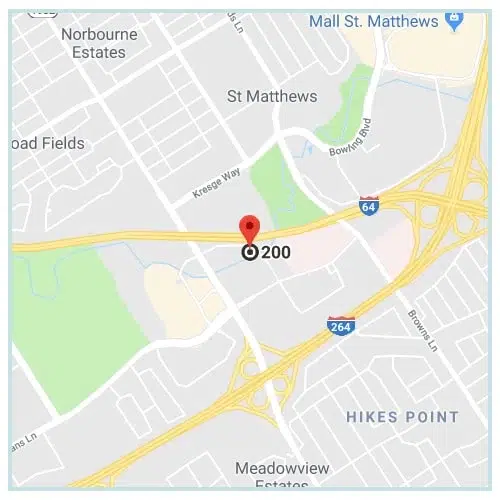Estate Recovery
What Is Medicaid Estate Recovery?
Medicaid Estate Recovery refers to the process by which the state of Kentucky seeks reimbursement for the costs incurred in providing Medicaid benefits to eligible individuals. When a person receives long-term care services or other Medicaid-funded assistance, the state has the right to recover those expenses from their estate after their death. This recovery program ensures that Medicaid remains a sustainable program by recouping funds from individuals who have benefited from its services. Kentucky ElderLaw, PLLC, is here to help you understand the intricacies of Medicaid Estate Recovery and assist you navigate the process effectively while preserving assets for their loved ones.
How Does Estate Recovery Work?
Naturally, most estates of Medicaid recipients have little or no money, since that is one of the eligibility requirements for Medicaid. Therefore, Medicaid estate recovery will not recover anything if there is nothing.
In Kentucky, there is no estate recovery if there is a surviving spouse or a totally disabled adult child, or if the estate is below $10,000. However, the definition of estate is much broader than the probate definition and includes property held jointly with another person, assets in a revocable trust, life estates and other assets owned at the moment before death. For this reason, it is important to engage in Medicaid planning for the surviving spouse of a Medicaid recipient.
Get Help Recovering An Estate
Kentucky ElderLaw, PLLC, can help clients in Southern Indiana and throughout Kentucky who may face an estate recovery claim. You can reach our Louisville office at 502-581-1111, our Bowling Green office at 270-467-0002 or our Shepherdsville office at 502-955-1005. You can also send our office an email.



